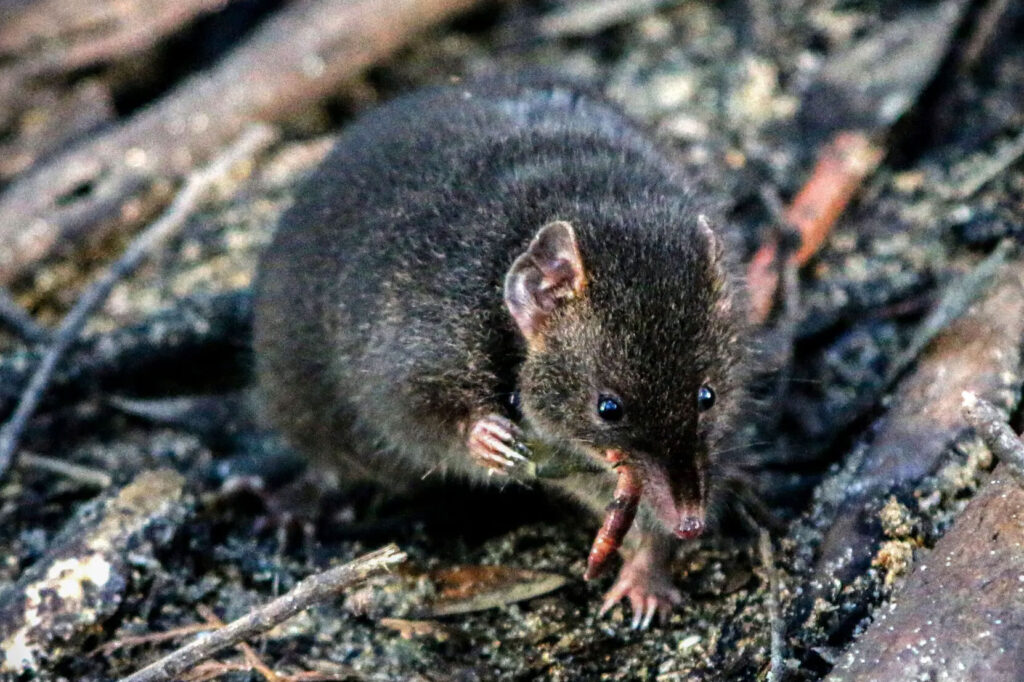Agile antikinetics are too small for accelerometers. Instead, the researchers measured levels of oxalic acid, a compound linked to sleep deprivation in some animals, during and after the breeding season. Blood testosterone levels were also measured for both species.
Male antichines lost an average of three hours of sleep during the breeding season. Reducing sleeping hours from 15 to 12 may not seem like much; But according to Dr. Lesko, “If you try to increase your waking hours by three or four hours a night, your performance on simple hand-eye coordination tasks will decrease to the point where you are legally intoxicated.”
Some males put more effort into prioritizing reproduction, depriving themselves of more than seven hours of sleep. Males with the highest testosterone levels also seem to sleep the least. However, at least in the recent study, it was not known whether the same males were more successful in having children or not.
Scientists also don’t know how marsupials’ sleep quality changes during the mating season; A point that can be the subject of future research. Władysław Vyazewski, a professor of sleep physiology at the University of Oxford who was not involved in the study, said the researchers’ findings highlight the mysterious nature of sleep and the current lack of understanding of how it actually functions. He added:
We spend a third of our lives sleeping and we would like to think that this is done for a purpose; But an alternative idea, according to some scientists, is that how much an animal sleeps may be less important than how much it’s awake. Animals sleep in very different ways, and even the same individuals may have very different sleep needs in different situations. For this reason, we need more studies on different wildlife species.
– Vladislav Vyazewski
One question remains: Is sleep deprivation the cause of early post-reproductive male death? This hypothesis is based on the observation of dead antikineses, which, at least in appearance, resemble chronically sleep-deprived laboratory mice. Despite recent findings, Dr. Lesko does not agree with this idea. “Three hours of sleep loss is not fatal to any known animal,” he said. So what kills these males? “The males are only programmed to die, ending their evolutionary life after one year.”



